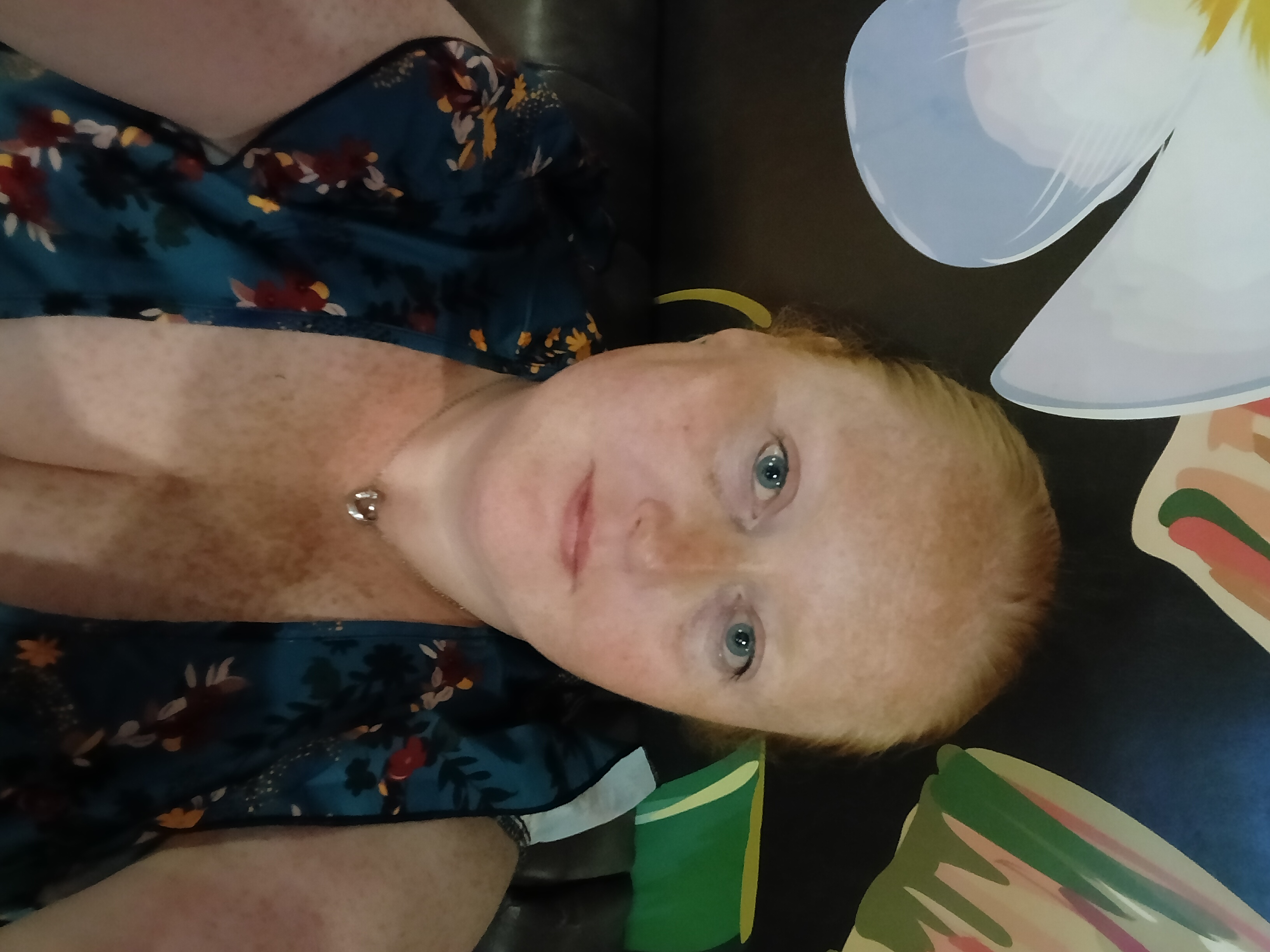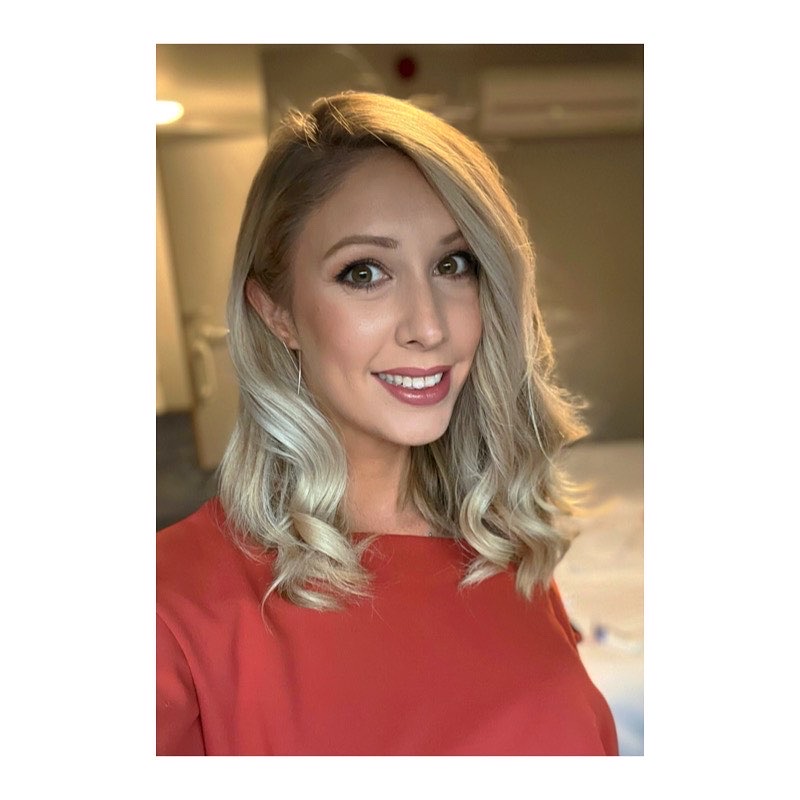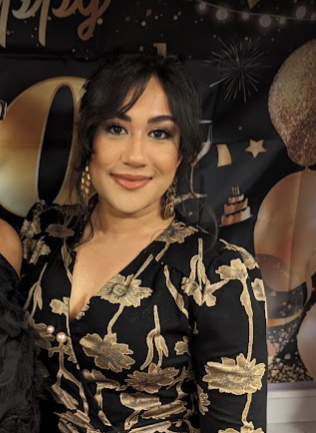Birmingham & Black Country Support Group
About this group
Our meetings are an informal, relaxed and safe place to meet others in a similar position, and to know you are not alone.
There is no expectation at our meetings. For some people sharing their experience helps, for others, just listening can bring comfort. We encourage you to do what feels most comfortable to you, and we'll support without judgement, whatever you decide.
We are aware that each person may be at a different stage in their journey, and these meetings are open to all. If you're just learning about endometriosis, starting your diagnosis journey, or have been diagnosed, you are welcome.
We aim to meet at least once a month and all dates are posted on our group page. An email is sent at the start of the month, alongside reminders that are sent a few days before. If its your first time attending a meeting, feel free to bring a friend or family member with you. We understand this can be quite an overwhelming experience, and support from a familiar face can sometimes help.
If you'd like to learn more or you have any questions, please feel free to email us directly. We are also on social media so check out the links below :)
Facebook Group: Join here
Instagram: Follow here
We look forward to meeting you!
General Session Information
A relaxed and social meeting at least once a month, where we can have a chat over a cuppa (and maybe cake!)Upcoming Support Group Sessions
- -Virtual Support Group Meeting & Pain Management WebinarPlace: Virtual Support Group Meeting & Pain Management WebinarTopic: General support, Guest speaker, Online MeetingVirtual Meeting Link: https://www.eventbrite.com/e/virtual-support-group-pain-management-webinar-tickets-1557715792869?aff=oddtdtcreator
Meet the Support Group Leader(s)
Hayley
Hi my name is Hayley and I was diagnosed with Endo back in 2010. However my journey began when I was 13 years old, and I was hospitalised with suspected appendicitis, after 3 days stay in hospital they couldn't find the cause of my pelvic pain and just told me I must just be constipated, this started the relentless journey of drs telling me I have IBS or "it's normal" believe me what I was going through wasn't normal. The pain would keep me up all night crying, the bleeding was never ending. I struggled a lot at school I would miss days or end up on the school nurses bed doubled in pain, not to mention the embarrassment of leaking through my skirt/trousers. I would bleed during ovulation which was painful too, periods lasting weeks, countless drs appointments with no clue as to what was wrong, I felt maybe It was in my head..so.i gave up going to see anyone..It wasn't until I moved to London and saw my GP as it became unbearable, my GP uttered the words I wanted to hear " it's NOT normal" and finally I was referred to a gynecologist and this is when I first heard the words Endometriosis, then after my laparoscopy in 2010 it was confirmed. I had 2 more ablation surgeries after that, but still the pain and bleeding didn't let up and just like school it impacted work and I was put on sickness reviews and looked over for promotions. So in 2022 I made the decision to have a full pelvic hysterectomy aged 39. I had 9 months relief before symptoms returned, mainly bladder but also bowels. I saw my current GP who is actually amazing and he agreed that endo was back. Referral back to gynecology who didn't want to know, sent me to pain management who told me the pain was due to my weight, I felt like I was back at square one, but luckily my GP has my back and I was referred and accepted at an endometriosis treatment centre..I'm waiting an appointment. I'm also under urologists and awaiting Botox in my bladder. Endometriosis took a lot of my life I never felt I could have a relationship until I mety partner in 2023 who gets it.....I decided now was my time to give back and help support those who are where I have been, as the support I received from my support group has been amazing, it's a place where I can be me and my mask can come off..I look forward to supporting you all on your journey. |
Lexi
Although the TV adverts would lead you to believe women can do anything, including playing tennis or ice-skating when you’re on your period, I was always aware that your monthly cycle was going to be painful. As a teenager you would usually find me at that time of the month on the sofa with a hot water bottle and a large tub of ice-cream feeling sorry for myself. It was one of those things those of us with a uterus just had to endure. There is no 1 size fits all when it comes to menstruation, so as far as I was concerned my cycle was completely normal. Fast-forward to my twenties. Over time the pain had slowly increased, often starting a week or so before my period and lasting until a good week after. The pain didn’t sit only in my abdomen, but now impacted my back and legs and often made it difficult to stand or walk. At this point I am blissfully unaware of the term Endometriosis, let alone what it is. At 24 I was working for a recruitment company, the hours were long and the expectation to work at 100 miles per hour was real. On one particular day my director happened to be in and had noticed in between calls I was either hunched over my desk or quite literally curled up on the floor. He obviously asked what was wrong, I explained it was my time of the month and his response was "surely it shouldn’t impact you like this! Remember we have private medical insurance, I think you need to go and get checked". My first surgery was in 2017 and I was diagnosed with stage 4 endometriosis. The scar tissue had been found in and around my uterus, fallopian tubes, ovaries, and bowel. My consultant described it like someone had poured concrete in the gaps around my pelvis and had stuck my organs together. Through laparoscopic surgery, where possible the endometriosis was removed, but there was only a 30% chance it wouldn’t reappear. Endometriosis feeds off hormones and to stop the spread I was offered an injection called prostap for 6 months. This puts me into medically induced menopause, giving me a break from my endo symptoms but with all the possible side effects of menopause. Since diagnosis, I’ve had 4 rounds of prostap, 5 additional surgeries and the endo has now been found on my rectum, bladder and kidneys. I am now currently waiting on a surgery date that will remove the largest group of endometriosis tissue on my bowel and rectum. This will leave me with a permanent stoma bag, but this has been a difficult thing to wrap my head around. Having that safe space to talk openly through the Endometriosis UK Support Group,s have been a blessing. I have a wonderful support network around me, met some incredible and inspiring people, and I feel very lucky to be able to support other women and those assigned female, dealing with Endometriosis. |
zainab
Hi, my name is Zainab. Ever since I can remember, my periods were excruciatingly painful—characterized by heavy bleeding, agonizing pelvic and back pain, and constantly running through pads. Yet, every time I went to the GP, I was dismissed. Struggling through work was a regular ordeal, and I often found myself sitting at my desk with a hot water bottle, even in blazing summer heat, while managers gave me puzzled looks. For years, I denied that what I was experiencing was abnormal. I tried countless treatments—both medical and holistic—but nothing seemed to help. It wasn’t until a close family member was diagnosed with endometriosis and recognized the symptoms in me that I decided enough was enough. Encouraged to investigate, I pushed my GP for a referral to a specialist. That’s when I finally understood that the symptoms I’d silently battled for years were all linked to a condition that impacts so many women. Sadly, it still took another two years and numerous appointments to receive a diagnosis: stage 4 endometriosis and adenomyosis. Endometriosis UK has been a lifeline for me. It has provided not only vital information to help me understand my prognosis but also a supportive community where I can share my struggles, frustrations, and moments of joy. This condition can be isolating, but finding a space where others truly understand has been invaluable. My mission is to ensure that everyone battling this chronic condition has a safe space to turn to. I’m committed to tirelessly campaigning to raise awareness and improve understanding of endometriosis, and I remain hopeful that, in my lifetime, we will find a cure. Together, we can make a difference. |


